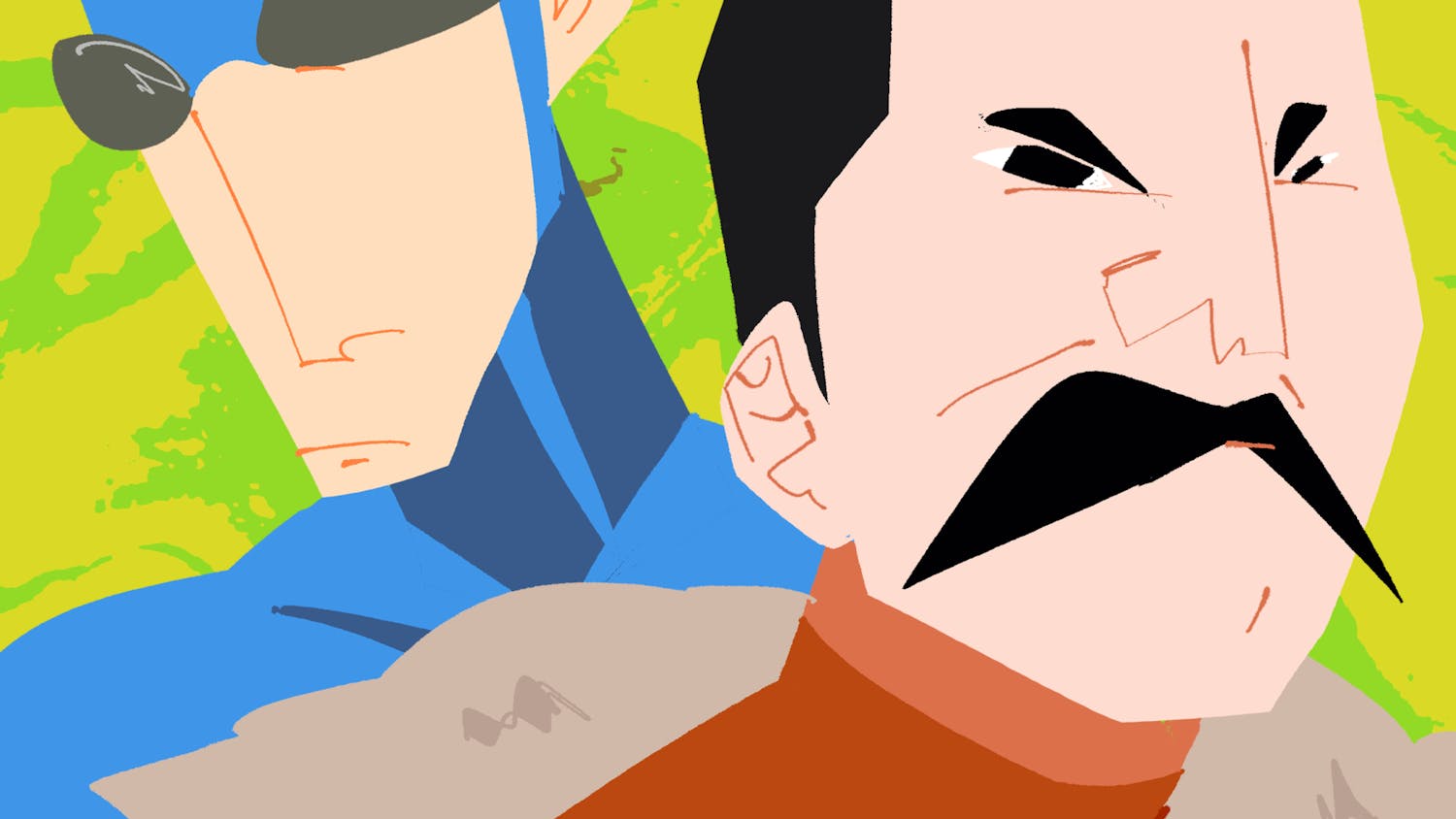By far, the one thing people were most focused on for season 11 of Doctor Who was the fact that, for the first time in the show’s 55-year history, the Doctor would be played by a woman. The show could have done any number of things to make the Doctor more traditionally “feminine.” Jodie Whittaker does a lot to distinguish herself from previous Doctors, but she also maintains every common trait in the Doctor since its reboot in 2005: monologuing, kicking ass and having fun while doing it.
When we last saw the Doctor, she had freshly regenerated (transformed into a new body after becoming mortally wounded) and, in a manner similar to David Tennant’s regeneration into Matt Smith, was sent crashing down onto Earth from the TARDIS, the Doctor’s blue box that can take her anywhere in time and space.
Surprisingly, the Doctor is literally left hanging for about the first 15 minutes, as the show methodically introduces her three travelling companions. Though the Doctor is no stranger to travelling with multiple people throughout space and time, it’s rare for her to have so many so soon. It slows down the episode’s pacing significantly. Graham O’Brien (Bradley Walsh) and Ryan Sinclair (Tosin Cole) experience a shared loss as step-grandfather and step-grandson, respectively, which gives them potential for an evolving relationship. Yasmin Khan (Mandip Gill) on the other hand, isn’t given much characterization, other than being a somewhat sassy cop that wants to do more than resolve petty disputes.
Because the show had to introduce all of them, it’s hard to fully get a feel for anyone’s character other than the Doctor herself. It’s very possible that each companion will get enough screen time to become endearing in their own right, but they could have been likable from the start if each one had an episode or two to be the main focus.
The premise of the episode itself is an intriguing one. A mysterious object appears in a forest. It’s revealed to harbor an alien who uses Earth as a hunting ground, targeting one randomly selected human to bring back to his people as a trial. Never before seen in Doctor Who, the new alien, named Tzim-Sha — hilariously mispronounced as “Tim Shaw” by the Doctor — is wonderfully frightening and bodes well for any new alien designs to come.
One of the best moments to come from “The Woman Who Fell to Earth” is when the Doctor becomes so fed up with not having her sonic screwdriver, described by the Doctor as her “Swiss army knife, without the knife,” on her she decides to make her own using what resources she has. Despite being made from only Earth materials, the new sonic screwdriver looks more alien than it ever has before.
Another of the biggest changes to the series is that it has a new composer. Replacing Murray Gold after 12 years, Segun Akinola is now at the helm of Doctor Who’s incidental music. Though the episode shockingly has no opening theme, a first for the series, the music throughout is haunting and occasionally triumphant. Much like Peter Capaldi’s theme, Jodie Whittaker’s is hard to identify at first. While it will likely grow on audiences after a few episodes, her theme isn’t as punchy as those of previous Doctors, which is great for more contemplative moments, but not as fitting for those of high stakes.
No previous cast member (aside from Whittaker’s short introduction) makes an appearance in the new episode, nor do the Daleks, Cybermen or any other aliens of Doctor Who past. After over half a century, Doctor Who has a lot to draw inspiration from, but the new cast and crew were brave enough to create a completely new story for the Doctor. In a show all about traveling through space and time, it’s good to know that the show’s creators aren’t just taking from the past; they’re also looking toward the future.
Doctor Who airs Sundays at 8 p.m. on BBC America.






